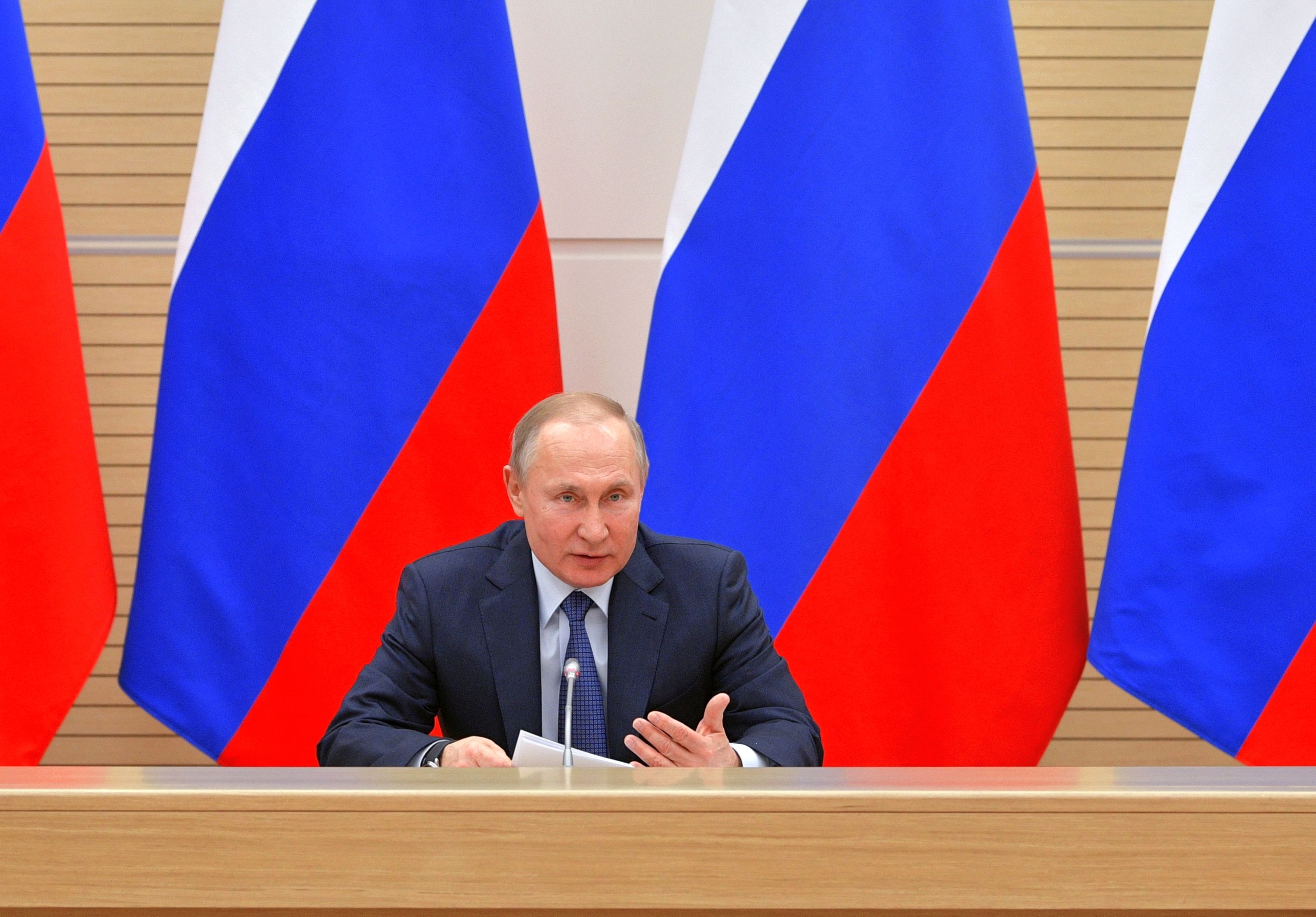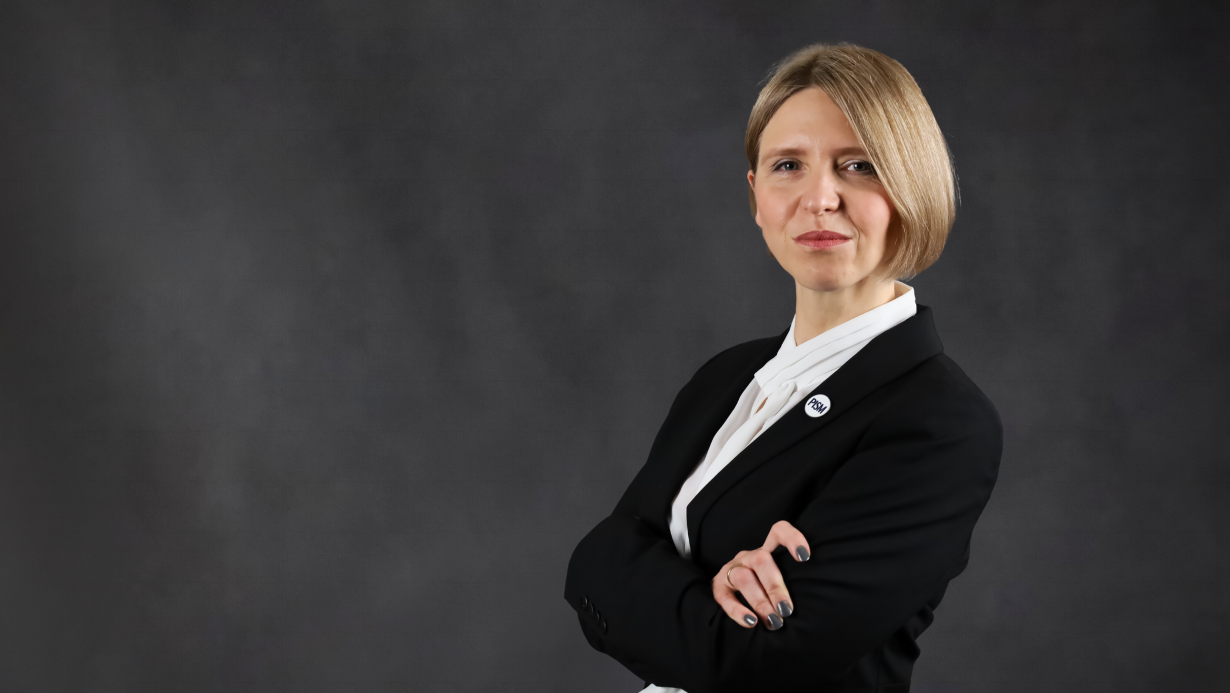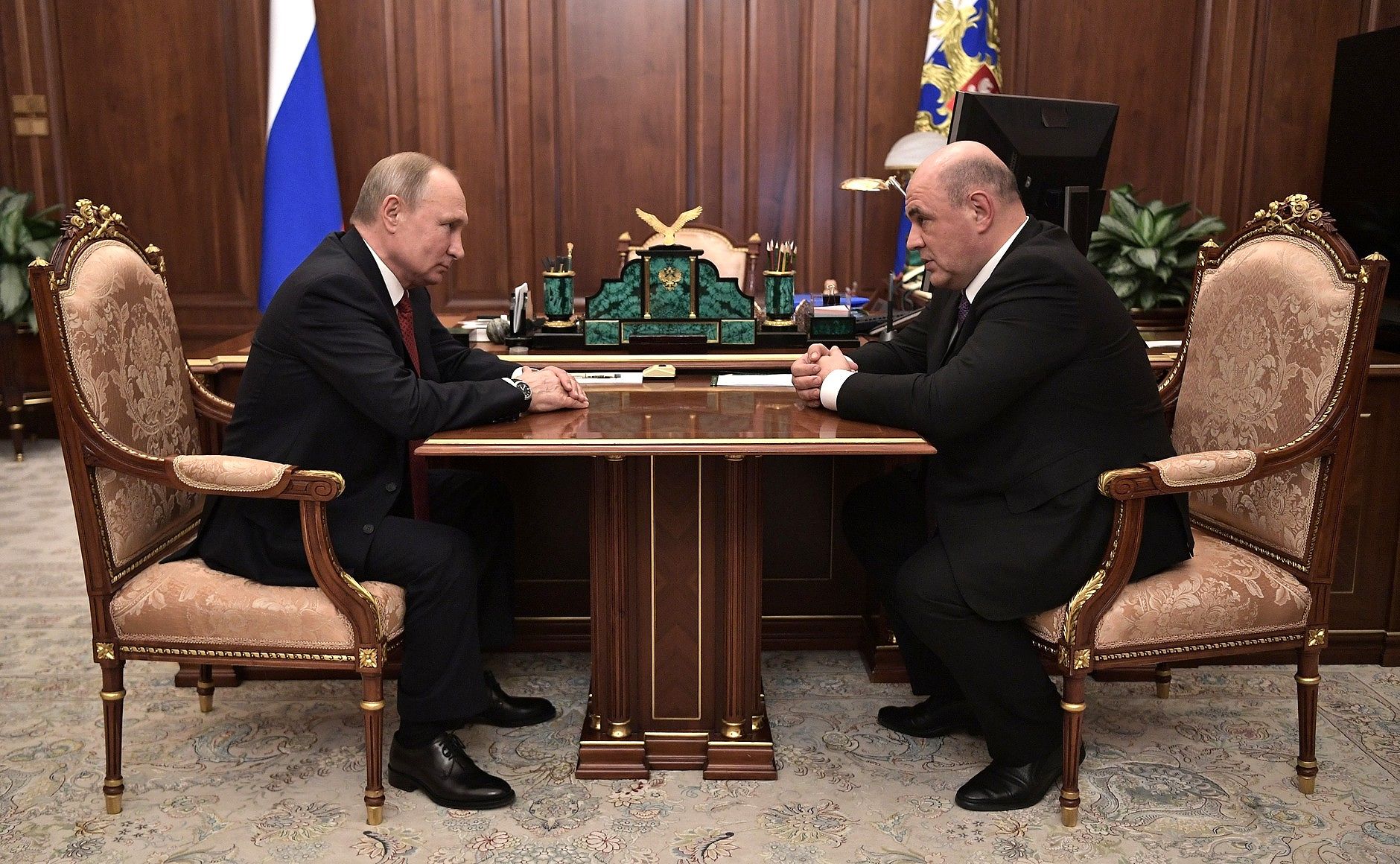Russia: Searching for a New Model of Power

In his annual address to the Federal Assembly (Russia’s two combined houses of parliament) on 15 January, Putin announced constitutional changes and more social assistance for citizens. Shortly after his speech, Prime Minister Dmitry Medvedev resigned, and Mikhail Mishustin became the new head of government. It was decided that Russian citizens will be asked for their opinion on constitutional changes in a nationwide vote (not a referendum) scheduled for April. These constitutional and personnel changes should be interpreted as laying the foundations for a new model of power in Russia when Putin’s last term as president ends in 2024.
Constitutional Amendments
Putin’s main proposals concern the relationship between the legislative, executive and judicial authorities. It is planned to increase the control of central government bodies over local authorities, which means further centralisation of the state. It is proposed to include the State Council in the constitutional power system. The State Council is represented by the chairman (although directed, ex officio, by the president), heads of both houses of parliament, senior officials, governors and party leaders. Until now, its role has been advisory, but according to the new provisions of the constitution, its function will be to "ensure coordinated functioning and cooperation of public authorities, defining the main areas of internal and foreign policy and priority areas of the socio-economic development of the state". The constitution will also include the principle of primacy of the Basic Law over decisions of international bodies (such as the European Court of Human Rights).
The competences of the Federation Council (upper house of parliament) will be expanded. It will have the right to consult with the president on the appointment of the heads of security services. It will be able to remove judges of the Constitutional Court and the Supreme Court upon request by the president. This will increase the authorities’ control over the judicial system. These changes will not affect the president’s key position in the system of power, as the Duma (lower house) will still approve the prime minister at the request of the president. The head of state will continue to set priorities for the activities of the government, whose members he will be able to dismiss.
The amended constitution is to introduce additional restrictions in the exercise of public functions. The president can be a Russian citizen who has been permanently resident in Russia for the last 25 years (at the moment, the residency qualification is 10 years), who does not hold citizenship of another country or the right to reside elsewhere. The rule that a president may serve no more than two consecutive terms has been removed from the constitution. The ban on dual citizenship and foreign residency rights will also apply to members of the government, all parliamentarians and local authority representatives. The tighter rules on dual citizenship are a response to the expectations of Russian society, and address criticism that some officials enjoy various foreign privileges such as having assets or educating children outside Russia.
The amendments to the Basic Law are to be approved by parliament, and then put to a national vote. Putin is making the entry into force of the amended constitution dependent on his success in the next election. The Russian authorities decided on a new mechanism called nationwide voting for fear of low turnout. To be binding, the vote requires a minimum of 50% of those voting.
Reasons for Change
The proposals will signal to Russia’s political elite that Putin will remain the guarantor of the current balance of power and the system of political and business relations. At the same time, they are intended to avoid a repeat of the situation between 2008 and 2012, when the change of positions between Putin and Medvedev brought criticism and demonstrations by thousands of Russians. That is why Putin announced that his constitutional changes will be put to a public vote. According to research by Public Opinion, published on 9 December 2019, 68% of Russians support the amendment of the Basic Law, and 17% are against. Among Putin’s goals are to increase support for the governing United Russia party (in 2019, the party was backed by just 32.2% of Russians, its lowest level of support since 2006) and raise the credibility of the candidates before the Duma elections scheduled for 2021.
Putin’s proposals are to be a renewed form of social contract, in which the authorities make political changes that are favourable to them in exchange for the promise of an effective welfare state. The constitutional changes are accompanied by the announcement of new social benefits. Miszustin’s task will be to implement ambitious economic reforms, including increased financial support for families raising children (as a means of halting natural population decline). Miszustin’s experience as the head of the Federal Tax Service is to be used to effectively manage social payments for families and investment facilities for Russian entrepreneurs. As a notional organ of power, the government’s role will be to improve the image of the Russian authorities among the This is a response to the criticism of the opposition related to economic stagnation in Russia, but it is also an attempt to avoid social unrest. According to the Levada Centre, the potential for protest in Russian society stands at 20% to 25%, and the main reasons are low wages and social benefits, the closure of medical facilities, and budget cuts.
Perspectives and Conclusions
The changes proposed by Putin do not give a definitive answer to the question of what model of power will function in Russia after 2024. The president proposes to disperse the decision-making centre, thanks to which real power will be vested in his person rather than in a specific institution. The most likely option is for him to formalise his influence on the State Council (itself to be reinforced) by becoming the permanent chairman of a reinforced State Council. This will be a duplication of the Kazakh transfer of power.
The second scenario is Putin’s assumption of role of permanent chairman of the reformed Security Council (SC). Just as in the case of the State Council, the president currently directs the SC ex officio, but it will be possible in the future to subordinate this role to an independent president. Such a procedure would not be difficult to carry out. Putin has just created the post of vice-president of the Security Council for Medvedev. Both variants, however, carry the risk that Putin will lose his leadership position in the country and lose control of the future president.
The third option is for Putin to take office as prime minister, which would allow him to manage the daily running of the Russian state. However, this solution would repeat the scenario from 2008 to 2012, and may lead to demonstrations in protest. In addition, it does not guarantee that the future Duma will be favourable to him.
It is most likely that Putin has not yet decided which of the possible scenarios will be most beneficial for him and the political elite. The choice will depend on which of the available options guarantee the greatest stability of the system. It is conceivable that Putin will remain in office as president, to limit the risk of tensions within the elite and disloyalty by whoever becomes president or prime minister. In line with the constitutional tradition in Russia, strong leadership and a desire to maintain the presidential system can be an incentive to competition within the elite for the position of leader after Putin.
During the implementation of the new model of power in Russia, one should expect greater presidential involvement foreign policy. This will allow Putin to consolidate society around the authorities and against an external enemy. In this way, he will want to ensure a favourable outcome for the current authorities in the Duma election in 2021. It is likely that Putin will continue, among other things, his disinformation campaign against Poland, Ukraine and the Baltic States. At the same time, he will try to establish closer contacts with Western European countries, in order to influence the European Union’s decision to relax sanctions that contribute to the deterioration of Russia’s economic condition.



